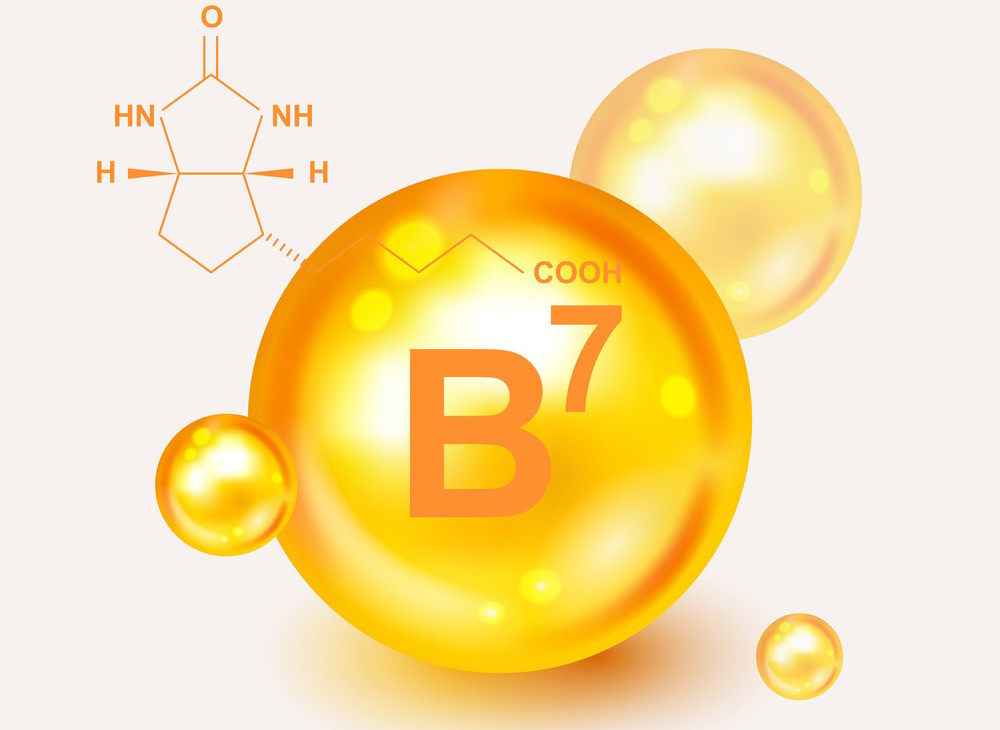Biotin capsules are a type of dietary supplement that contains biotin, also known as vitamin B7 or vitamin H. Biotin is a water-soluble vitamin that plays a key role in various bodily functions, particularly in the metabolism of carbohydrates, fats, and proteins. It is also important for maintaining healthy hair, skin, and nails. However, it is also available in supplement form, often marketed as biotin capsules or tablets. Here’s a comprehensive overview of biotin capsules, including their benefits, uses, dosage, potential side effects, and research findings:
Benefits and Uses:
Hair, Skin, and Nails Health: Biotin is often touted for its role in promoting healthy hair, skin, and nails. It is believed to strengthen nails, reduce brittleness, and improve the texture and appearance of hair and skin.
Metabolism Support: Biotin is involved in the metabolism of carbohydrates, fats, and proteins. It helps convert food into energy and plays a role in maintaining stable blood sugar levels.
Pregnancy and Breastfeeding: Adequate biotin levels are important during pregnancy and breastfeeding for fetal development and overall maternal health.

Dosage:
The recommended daily intake of biotin for adults is 30-100 micrograms (mcg) per day.
Biotin supplements typically come in doses ranging from 5,000 to 10,000 mcg.
It’s important to follow the recommended dosage on the supplement label or consult with a healthcare professional for personalized advice.
Research Findings:
Hair, Skin, and Nails: Some studies suggest that biotin supplementation may improve the strength and appearance of hair, skin, and nails. However, more robust clinical trials are needed to confirm these effects conclusively.
Multiple Sclerosis: There is some preliminary research suggesting that high-dose biotin supplementation may have potential benefits for individuals with multiple sclerosis (MS), although further studies are needed to establish its efficacy.
Diabetes: Biotin may help improve blood sugar control in individuals with type 2 diabetes, although research in this area is still limited and conflicting.
Nutrient Absorption: Biotin deficiency can impair the absorption of certain nutrients, leading to symptoms such as fatigue, hair loss, and neurological problems.

Side Effects and Precautions:
Biotin supplements are generally considered safe when taken at recommended doses.
High doses of biotin supplements may interfere with certain laboratory tests, such as thyroid function tests and tests used to diagnose heart attacks.
Some individuals may experience mild side effects such as nausea, diarrhea, or skin rashes.
Conclusion:
Biotin capsules can be a convenient way to supplement your diet with this essential vitamin, especially for individuals who may have limited dietary intake or specific health concerns. However, it’s essential to use them as directed and consult with a healthcare professional before starting any new supplement regimen, particularly if you have underlying health conditions or are taking medications. Additionally, while biotin supplements have shown promise in various areas, more research is needed to fully understand their benefits and potential risks.
